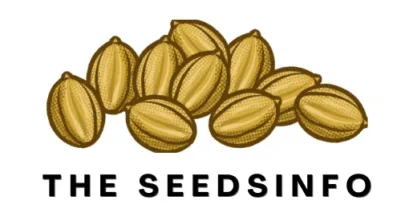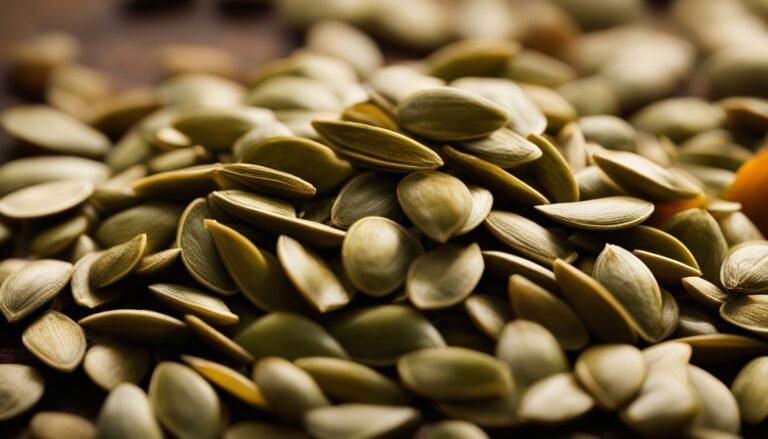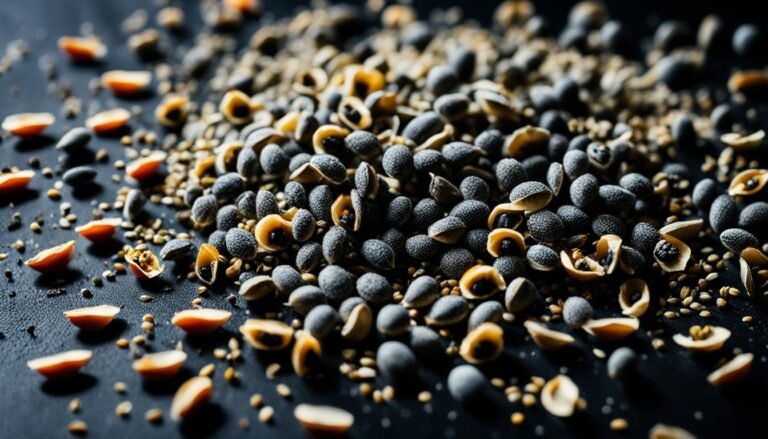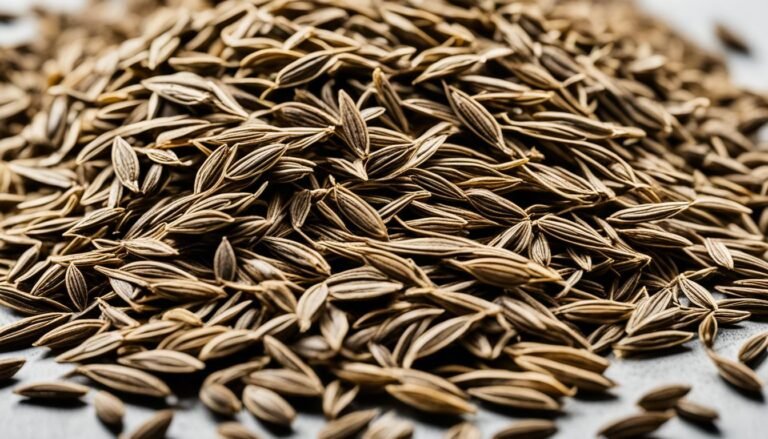Hemp Seeds for Dialysis Patients: A Nutritious Option
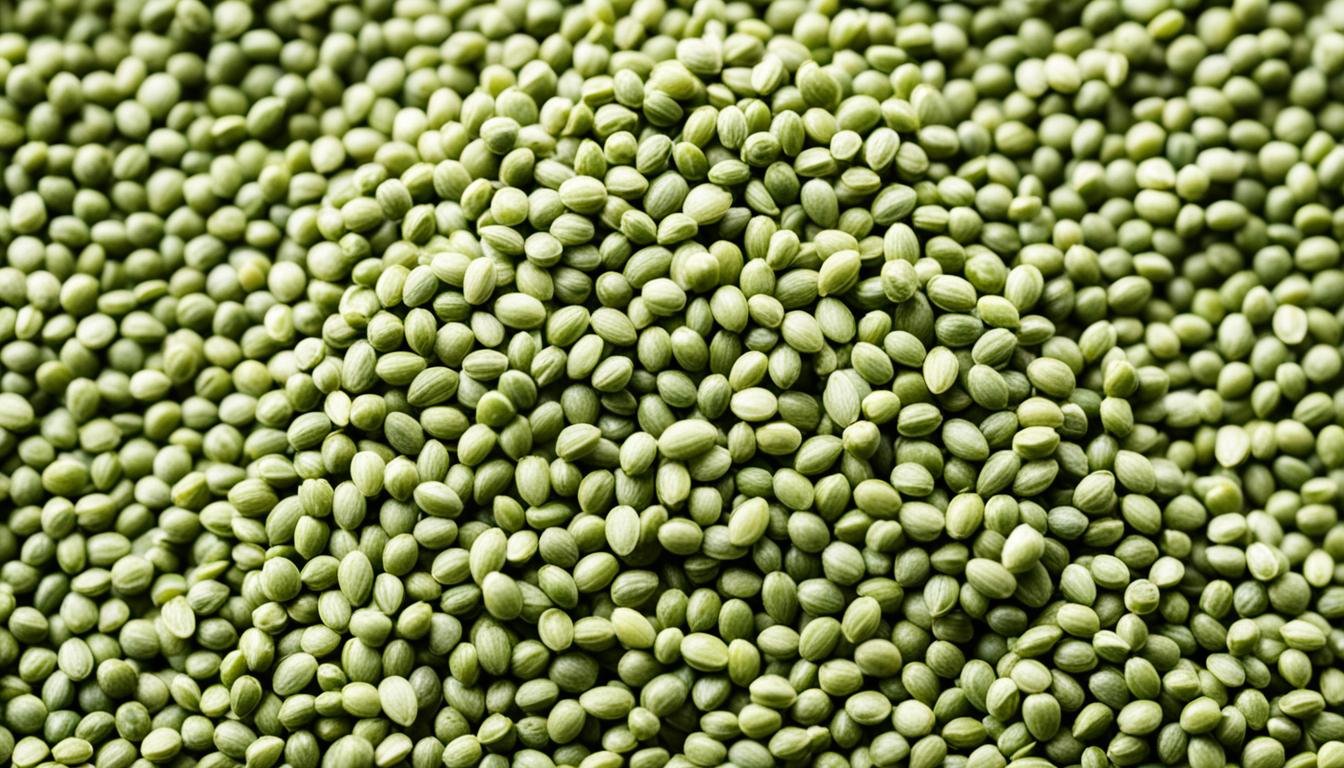
If you or a loved one is on dialysis, keeping a balanced diet is key. Finding foods that are both kidney-friendly and packed with nutrients can be tough. Hemp seeds are a great choice for those on dialysis. They are a plant-based food that can help with your health.
Hemp seeds come from the Cannabis sativa plant. They are full of nutrients that can help dialysis patients. They offer high-quality protein, healthy fats, and many vitamins and minerals. Adding hemp seeds to your diet can support your health during dialysis.
Introduction to Hemp Seeds
Hemp seeds, also known as hemp hearts, come from the Cannabis sativa plant. They have very little THC, so they don’t make you feel high. These seeds are a super nutritious food that you can add to your meals safely.
What are Hemp Seeds?
Hemp seeds are tiny, brown seeds full of important nutrients. They are the part of the hemp plant that people eat and have used for thousands of years. People started growing hemp in Europe during the Copper or Bronze Age, as fossil pollen shows.
Now, hemp seeds are used in many things, like clothes, paper, building materials, animal feed, and even personal care products. But they’re most known for being a super healthy food. They’re full of protein, healthy fats, fiber, and lots of vitamins and minerals.
Dispelling the Cannabis Myth
Hemp seeds don’t have enough THC to make you feel high. In fact, they’re legal and easy to find in many places, including the United States. Studies have shown that hemp seeds are safe and healthy to eat.
So, even though hemp and cannabis are related, hemp seeds are their own special food. You can enjoy them without worrying about their legality or how they’ll make you feel.
Nutritional Profile of Hemp Seeds
Hemp seeds are often called a “superfood” because they are packed with nutrients. They are a great source of high-quality plant-based protein. They also have essential vitamins, minerals, and healthy fats. This makes them a top choice for a healthy diet, especially for people on dialysis.
Protein-Rich Powerhouse
Just 3 tablespoons or 30 grams of hemp seeds give you 9.5 grams of protein. This protein is easy to digest and has all the amino acids you need. It’s perfect for dialysis patients who need more protein.
Packed with Essential Nutrients
Hemp seeds are not just high in protein. They are also full of essential vitamins and minerals. A 30-gram serving has a lot of:
- Magnesium: 48% of the daily value
- Phosphorus: 29% of the daily value
- Zinc: 23% of the daily value
- Vitamin E: 18% of the daily value
- Iron: 16% of the daily value
- Potassium: 11% of the daily value
These nutrients are crucial for good health. Hemp seeds have a lot of them, making them great for anyone, especially dialysis patients.
| Nutrient | Amount per 30g Serving | % of Daily Value |
|---|---|---|
| Protein | 9.5g | 19% |
| Magnesium | 190mg | 48% |
| Phosphorus | 290mg | 29% |
| Zinc | 3mg | 23% |
| Vitamin E | 2.5mg | 18% |
| Iron | 2.9mg | 16% |
| Potassium | 380mg | 11% |
Benefits of Hemp Seeds for Dialysis Patients
If you’re a dialysis patient, adding hemp seeds to your meals can change your health for the better. These seeds are packed with nutrients that help keep you healthy and feeling good.
Plant-Based Protein Source
Hemp seeds are a great choice for dialysis patients because they are a high-quality, plant-based protein. This protein is easy to digest and helps meet your body’s protein needs. Hemp seeds have more than 25% of their calories from protein, which is more than chia and flax seeds.
Omega-3 and Omega-6 Fatty Acids
Hemp seeds also have a good mix of omega-3 and omega-6 fatty acids. This mix can reduce inflammation, which is common in dialysis patients. These fatty acids support skin health and help your immune system work better.
They also have vitamin E, which is good for skin health. It helps keep your skin elastic and young-looking, which is important for dialysis patients.
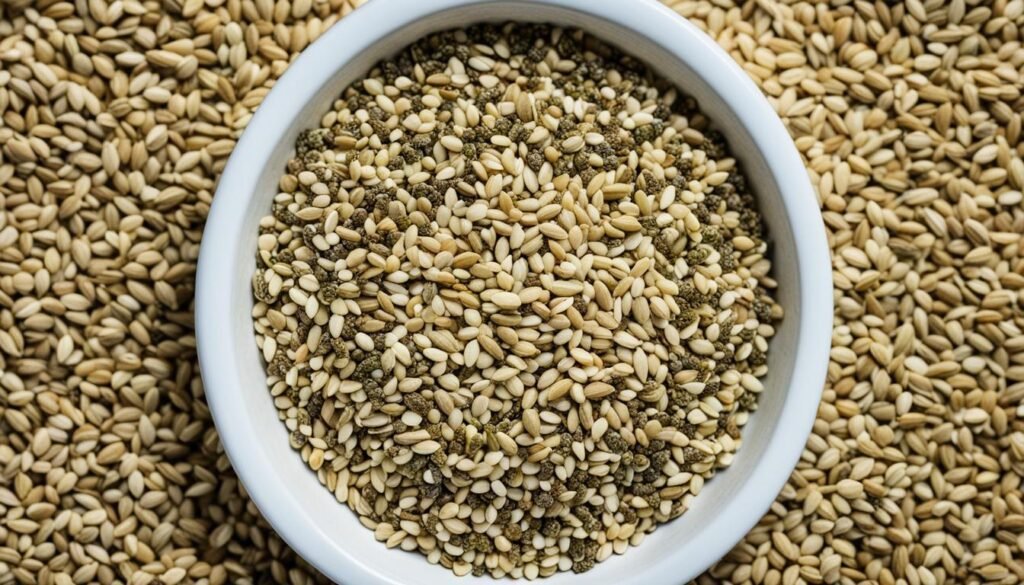
Adding hemp seeds to your meals is a smart choice for your health. It supports your overall well-being as a dialysis patient. Always talk to your dietitian to make sure you’re eating right for your needs.
Incorporating Hemp Seeds into a Renal Diet
When hemp seeds are added to the diet of dialysis patients, it’s key to watch the levels of potassium, phosphorus, and sodium. Hemp seeds have less of these nutrients than some other plants, but it’s still important to keep an eye on how much you eat. This helps keep the diet safe for your kidneys.
Potassium, Phosphorus, and Sodium Considerations
Let’s take a closer look at the amounts of these key minerals in hemp seeds compared to other dairy items:
- Phosphorus: 8 ounces of hemp milk has 317 mg of phosphorus, while 8 ounces of 2% cow’s milk has 224 mg.
- Potassium: 8 ounces of hemp milk has 101 mg of potassium, compared to 342 mg in 8 ounces of 2% cow’s milk.
- Sodium: 8 ounces of hemp milk has 134 mg of sodium, while 8 ounces of 2% cow’s milk has 115 mg.
To keep these minerals in check, dialysis patients should limit hemp milk to about 1/2 cup per serving. Talking to a registered renal dietitian can help figure out how much hemp seeds you should eat.
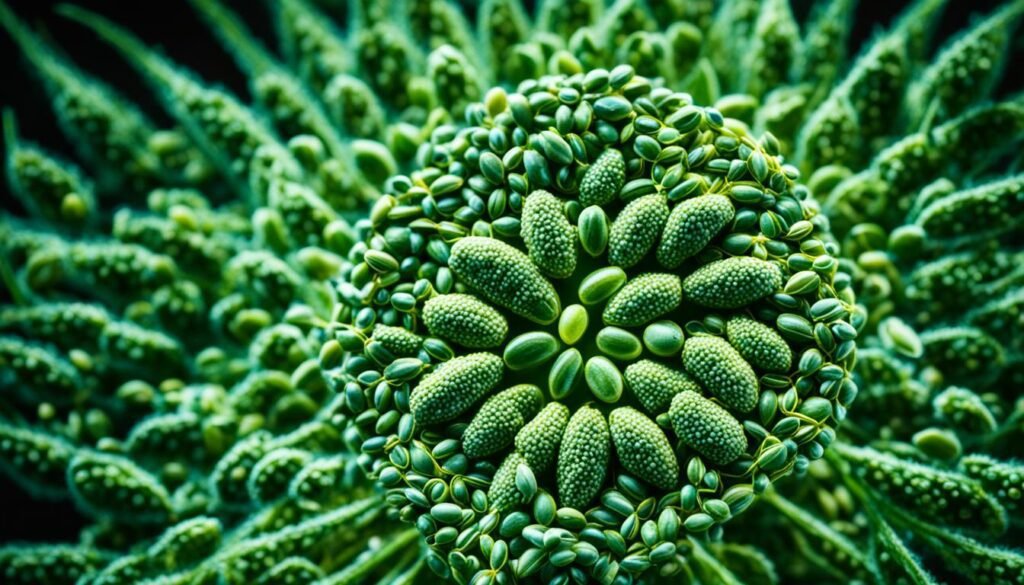
Hemp seeds are a great source of omega-3 and omega-6 fatty acids, zinc, and magnesium. You can make hemp milk at home and keep it in the fridge for up to 5 days. It’s a handy and healthy choice for your diet.
hemp seeds for dialysis patients
For dialysis patients, adding hemp seeds to their diet should be done carefully. Start with a serving size of 3 tablespoons of whole hemp seeds. You can use them in many ways, like on salads, in smoothies, or in baked goods.
Portion Sizes of Hemp Seeds for Dialysis
Dialysis patients should watch how much hemp seeds they eat. These seeds are full of nutrients but also have potassium, phosphorus, and sodium. Begin with small amounts, like 1-2 tablespoons, and increase as needed.
Different Ways to Eat Hemp Seeds for Dialysis
There are many ways to enjoy hemp seeds for their health benefits. Here are some ideas:
- Sprinkle them on top of salads, soups, or oatmeal
- Blend them into smoothies for a protein-rich boost
- Mix them into baked goods like muffins, breads, or cookies
- Enjoy them as a crunchy topping on yogurt or cottage cheese
Always talk to your renal dietitian to make sure you’re eating hemp seeds safely. They can help you fit them into your diet the right way.
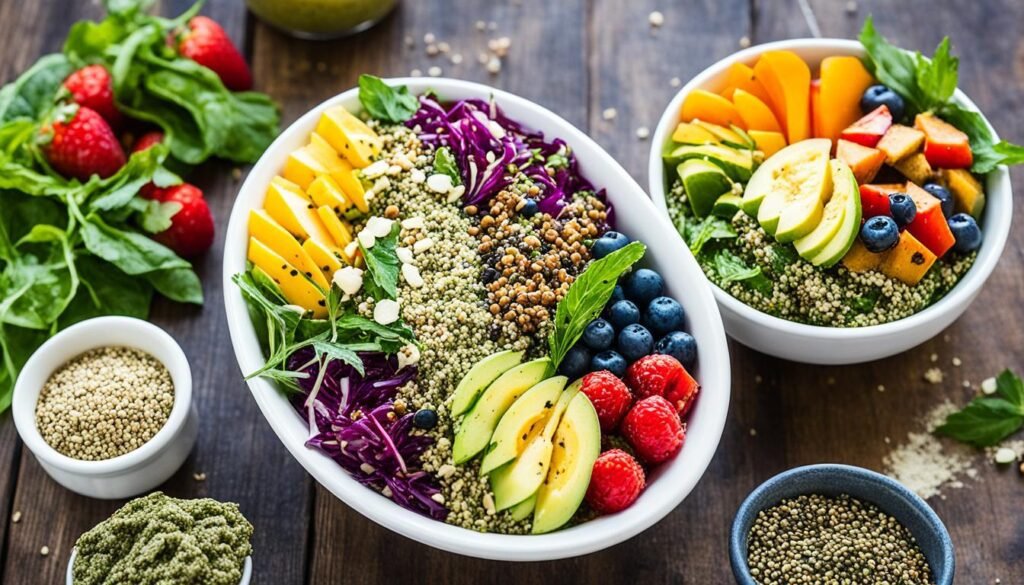
Recipes and Meal Ideas with Hemp Seeds
If you’re a dialysis patient, hemp seeds are a great choice for adding nutrition to your meals. These small seeds are full of protein, fiber, and important nutrients. They can help your kidney health. Let’s look at some tasty recipes that use hemp seeds.
A Hemp Seed-Crusted Baked Fish is a delicious choice. Coat fish fillets with hemp seeds, breadcrumbs, and seasonings. Then, bake until it’s flaky and golden. This dish is crunchy and provides a plant-based protein that’s easy on the kidneys.
For a snack that’s both tasty and energizing, make Hemp Seed Energy Bars. Mix hemp seeds with nuts, dried fruits, and a bit of honey or maple syrup. These bars are full of nutrients and perfect for dialysis patients on the move.
Adding hemp seeds to your meals is also great for making Hemp Seed Pesto. Blend hemp seeds, garlic, olive oil, and fresh herbs like basil or parsley. You can use this pesto on pasta, toast, or as a dip for veggies.
Don’t overlook hemp seeds in breakfast dishes. Add them to your morning porridge or smoothie for a nutritious start. Hemp seeds add a creamy texture and nutty taste that goes well with other breakfast foods.
When using hemp seeds in your diet, remember to watch the potassium, phosphorus, and sodium levels. Talk to your renal dietitian to make sure you’re using hemp seeds in a way that’s good for your health and diet.
Try these hemp seed recipes and ideas to make your dialysis-friendly diet more interesting and tasty. Hemp seeds are versatile and packed with nutrients, making them a great addition to your meals.
Potential Side Effects and Precautions
Hemp seeds are usually safe for most people. But, dialysis patients should be careful. Knowing the possible side effects is key when adding hemp seeds to your diet.
Medication Interactions
Hemp seeds might change how some medicines work. Always talk to your doctor before eating them. If you’re on blood thinners, for example, hemp seeds could be a problem. Your doctor will tell you if it’s okay to eat them with your current medicines.
Digestive Discomfort
Eating too many hemp seeds can upset your stomach. You might get gas, bloating, or diarrhea. Start with a little and slowly add more to see how you feel. Listen to your body and adjust how much you eat.
| Potential Side Effects of Hemp Seeds for Dialysis Patients | Recommended Actions |
|---|---|
| Medication Interactions | Consult with your healthcare provider before adding hemp seeds to your diet, as they may interact with certain medications. |
| Digestive Discomfort | Start with small portions of hemp seeds and gradually increase intake to allow your body to adjust and avoid gas, bloating, or diarrhea. |
Being careful about these side effects lets you enjoy hemp seeds safely. Always work with your healthcare team to make sure hemp seeds fit into your diet well.
Hemp Seeds: A Sustainable and Versatile Choice
For dialysis patients looking for nutritious food, sustainable hemp seeds are a great pick. Hemp is kind to the planet, needing little water and land to grow. In the EU, hemp farming grew from 19,970 to 34,960 hectares between 2015 and 2019. France led the production during this time.
Hemp seeds are not just good for the planet. They are also packed with nutrients and can be used in many kidney-friendly dishes. You can add them to baked goods, snacks, smoothies, or even dairy-free milk. Their unique taste and texture make meals more interesting, making them easy to include in a renal diet.
The global hemp market was valued at USD 4.13 billion in 2021 and is expected to grow by 16.8% annually from 2022 to 2030. This shows how popular and useful hemp seeds are becoming. They are set to benefit many industries, including healthcare.
Hemp seeds are a great choice for dialysis patients wanting nutritious and eco-friendly food. They are good for the planet, versatile, and their market is growing. Adding them to a kidney-friendly diet can bring both nutrition and variety.
Consulting with a Renal Dietitian
When adding hemp seeds to a dialysis patient’s diet, talking to a renal dietitian is key. These experts give advice on how much and how often to eat hemp seeds. They consider the patient’s diet needs, health, and nutrient limits.
A renal dietitian helps dialysis patients know the good and bad of hemp seeds in their diet. They check the patient’s nutrient levels, like potassium, phosphorus, and sodium. This ensures hemp seeds don’t harm kidney health.
They also offer tips on adding hemp seeds to meals and snacks safely. They address concerns about medicines or stomach issues. Their advice is crucial for dialysis patients to make smart food choices.
With a renal dietitian, dialysis patients can safely and effectively add hemp seeds to their diet. This approach helps them enjoy health benefits without risks.
Conclusion
Hemp seeds can be a great addition to the diet of dialysis patients. They are packed with plant-based protein, healthy fats, and essential nutrients. These can help support your health while on dialysis. Always work with a renal dietitian and watch your intake to safely add hemp seeds to your diet.
Hemp seeds aren’t a magic solution, but they can be a key part of a balanced diet for managing health during dialysis. Keep learning, be aware of any interactions, and focus on your health. With the right advice and dedication to your diet, hemp seeds can help improve your health and quality of life.
Looking for better health might mean trying new things, but always get support from your healthcare team. By being active in your nutrition and pushing for personalized care, you can make hemp seeds and other healthy foods a key part of managing your dialysis.
FAQ
Can hemp seeds be beneficial for dialysis patients?
Yes, hemp seeds can be good for dialysis patients. They are packed with nutrients like protein, healthy fats, and vitamins. This makes them a great choice for a balanced diet.
What are hemp seeds and are they safe to consume?
Hemp seeds come from the Cannabis sativa plant but don’t have much THC. So, they won’t make you feel high. They are safe and nutritious, perfect for adding to your meals.
What are the key nutrients found in hemp seeds?
Hemp seeds are full of nutrients. They offer high-quality protein, healthy fats, fiber, and important vitamins and minerals. This makes them a great food choice for anyone looking to eat well.
How can hemp seeds benefit dialysis patients?
Hemp seeds are great for dialysis patients because of their protein and healthy fats. The protein is easy to digest and helps meet protein needs. The fats may also help reduce inflammation.
What should I consider when incorporating hemp seeds into a dialysis-friendly diet?
When adding hemp seeds to a dialysis diet, watch the amounts of potassium, phosphorus, and sodium. These nutrients are low in hemp seeds, but still, keep an eye on your intake to stay kidney-friendly.
How can I incorporate hemp seeds into my dialysis-friendly diet?
Start by adding small amounts of hemp seeds to your meals. A good serving size is 3 tablespoons. You can sprinkle them on salads, mix into smoothies, or bake them into treats.
Are there any potential side effects or precautions to consider when consuming hemp seeds?
Hemp seeds are usually safe, but dialysis patients should be careful. They might affect certain medications. Also, eating too much can cause stomach issues like gas and diarrhea.
Why are hemp seeds a sustainable and versatile ingredient?
Hemp seeds are good for dialysis patients and the planet. They need less water and land to grow. Plus, they can be used in many foods, making them easy to add to a healthy diet.
When should I consult a renal dietitian about incorporating hemp seeds into my diet?
Always talk to a renal dietitian before adding hemp seeds to your diet. They can give you advice on how much to eat based on your health and diet needs.
